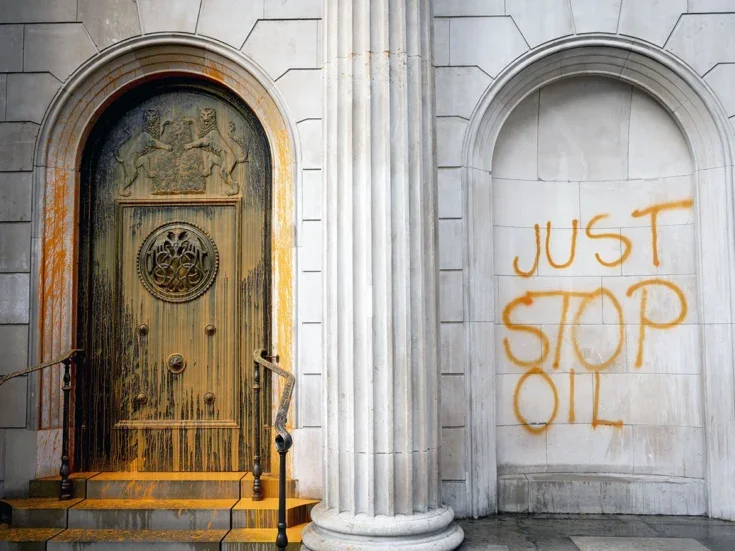The credit crunch was caused by the obsession with and lending to the property sector, which led to Banking Crisis 1. If asset price deflation leads to an Irving Fisher debt-deflation situation, then it will threaten Banking Crisis 2
Central bankers are in a quandary over interest rates, as they contemplate the dreaded double-dip and a weakening recovery, coupled with stubborn unemployment. They are seeing price inflation and asset deflation, especially in the property markets, as they are caught up in an inflationary spiral within a deflationary vortex; it’s enough to do their head in.
How has this unusual mixture come about? Price inflation is occurring in energy, food, clothing and services such as water, and price deflation is present in telecoms, electronics, automotives and services such as printed advertising. And deflation is undermining property values, which is the real concern in the US, UK, the PIGS and Eastern Europe.
The situation in the US is especially worrying, as the Obama administration has thrown billions of incentives and subsidies at the housing markets, to no avail. The situation in Ireland is perilous: property prices are off 60 per cent and still falling, while the cost of the bail-out of the bankrupt Allied Irish Bank has increased to £25 billion, a level that may be beyond the ability of the Irish taxpayer to absorb.
The credit crunch was caused by the obsession with and lending to the property sector, which led to Banking Crisis 1. If asset price deflation leads to an Irving Fisher debt-deflation situation, then it will threaten Banking Crisis 2, so Ben Bernanke and Mervyn King have both alluded to more doses of QE, as they nervously peer once again into the abyss. QE is simply printing money, but the real problem is how to deploy it so that it prevents asset price deflation: just buying bonds from banks has not worked so far in this regard, although it clearly saved the banks.
Another realisation is also dawning on the central bankers: their power to control imported inflation in the globalised economy through interest rates is severely reduced by global supply lines, meaning the foreign exchange rate is now their main weapon. Take food and cotton prices as a current example: wheat has doubled in price since the collapse of the Siberian crop and the export ban by Russia; and the price of cotton has risen 10 per cent in the past few weeks because of the failure of the Pakistani and Chinese crops. The first failure was caused by drought and the second failure by flooding. Raising interest rates at the Fed or the Bank of England is not going to sort out the vagaries of the weather on the other side of the world.
Consequently, it’s a firm bet that interest rates in the Anglo-Saxon economies will remain low for some time to come, through 2011 at least, as the central bankers are much more concerned about deflation than inflation. Causing inflation is not rocket science — you just print more money, as in QE, QED. If asset prices continue falling, because of the excessive debts secured on them, then there will be more QE, in increasingly desperate doses. All of which will lead to inflation at some point, but that’s preferable to deflation.
And here’s the secret silver lining in the inflationary cloud, namely that inflation reduces the real debts that abound everywhere. Who’s to say that’s not the unmentionable secret agenda of the central bankers anyway? The gold price is steadily rising against fiat currencies for this very reason. It’s heading towards ‘Hold on to your gold and reach for your tin hat’ time again.






